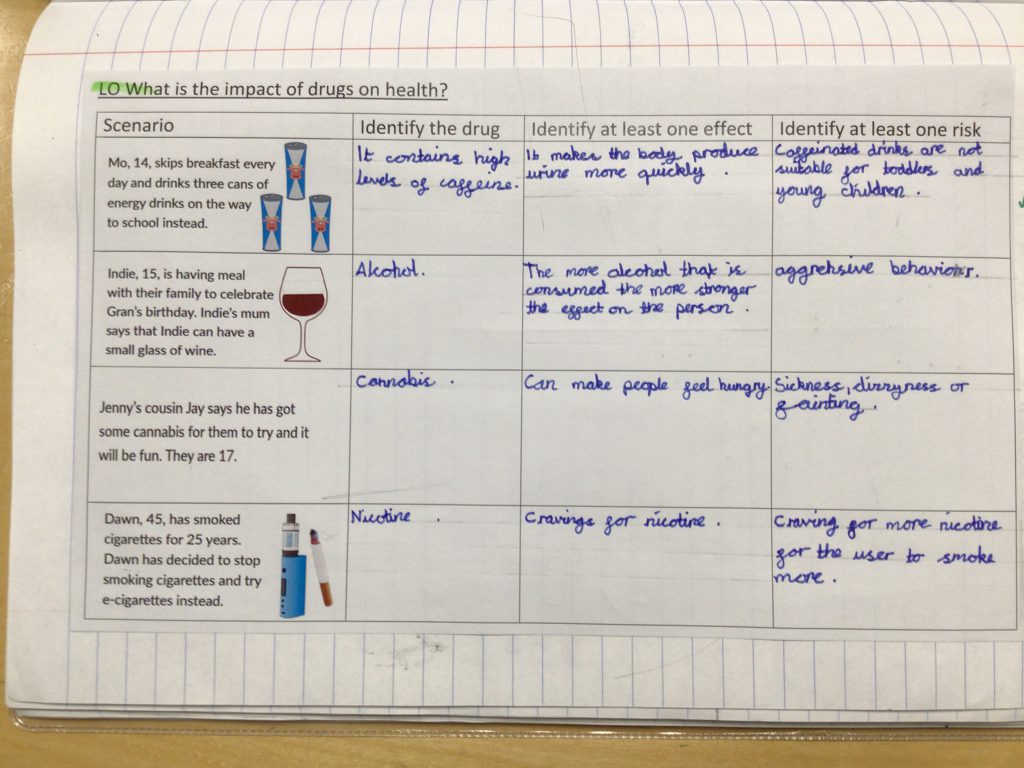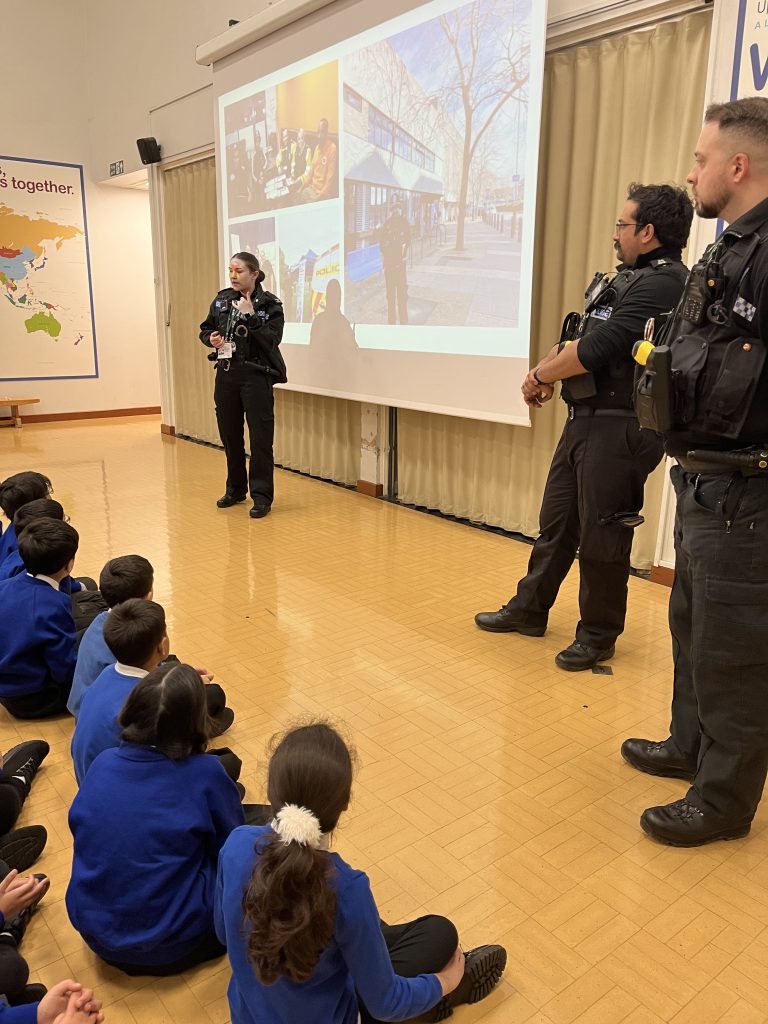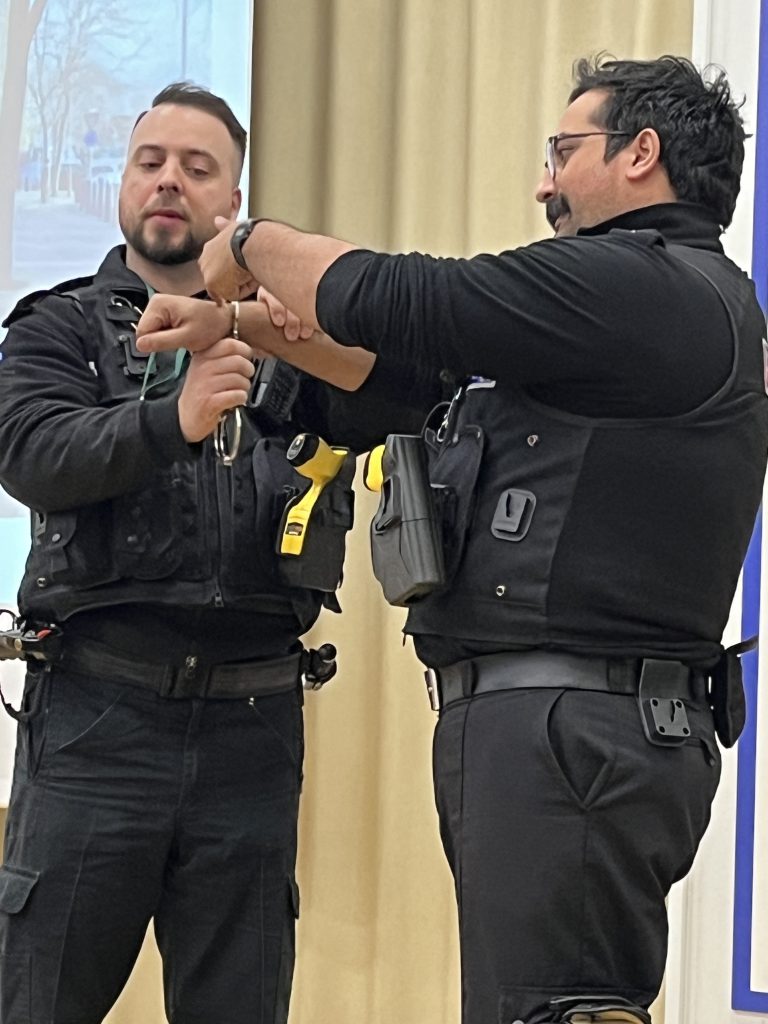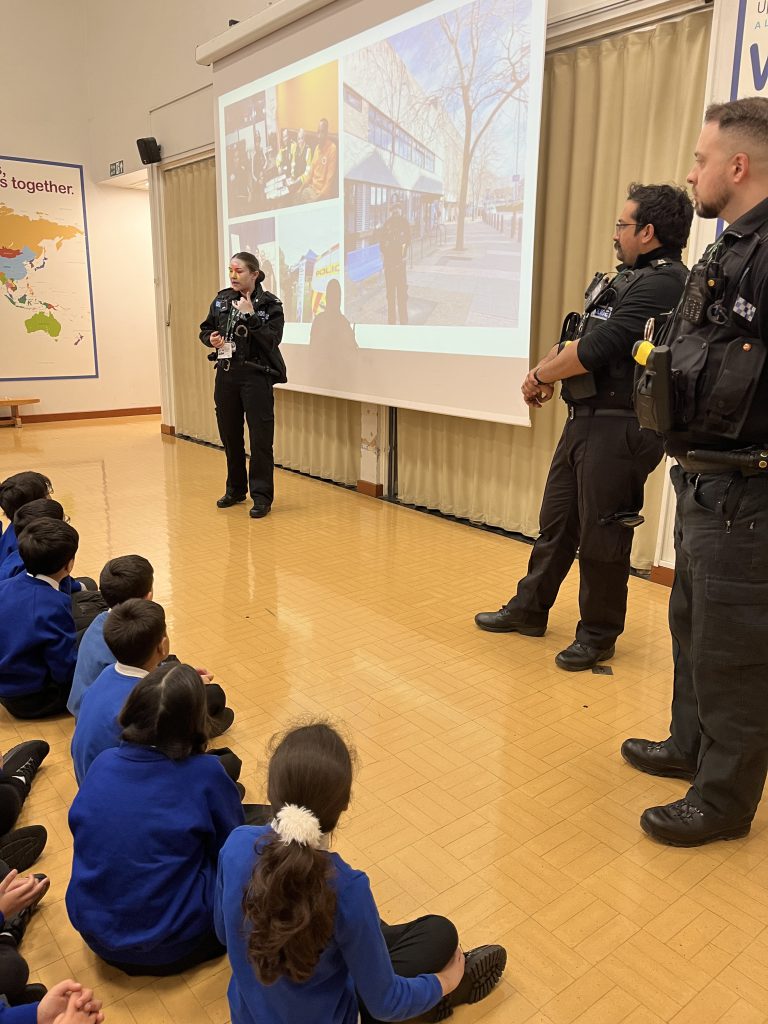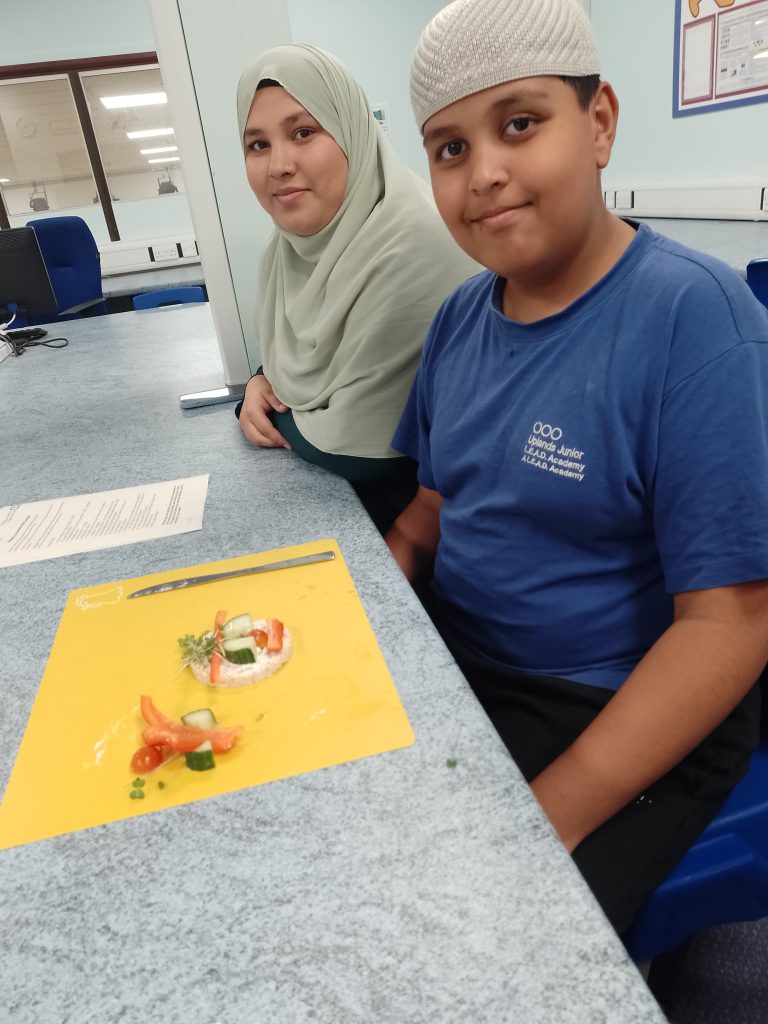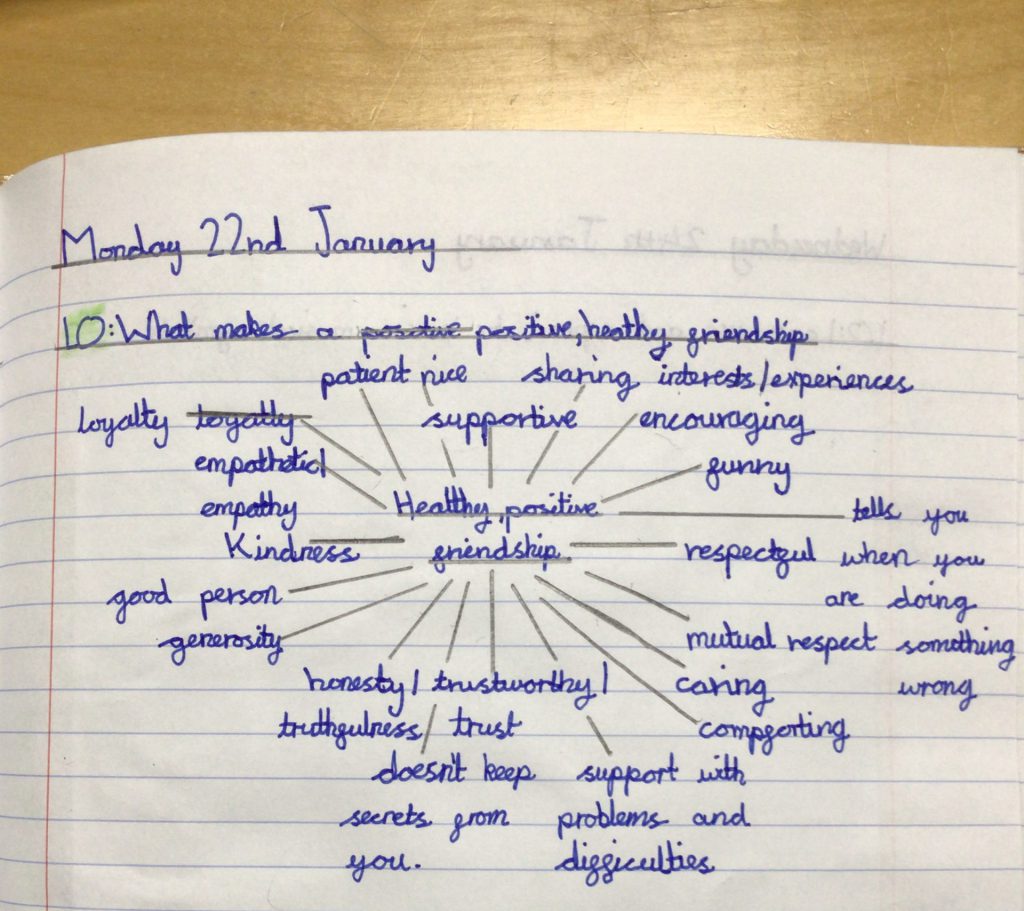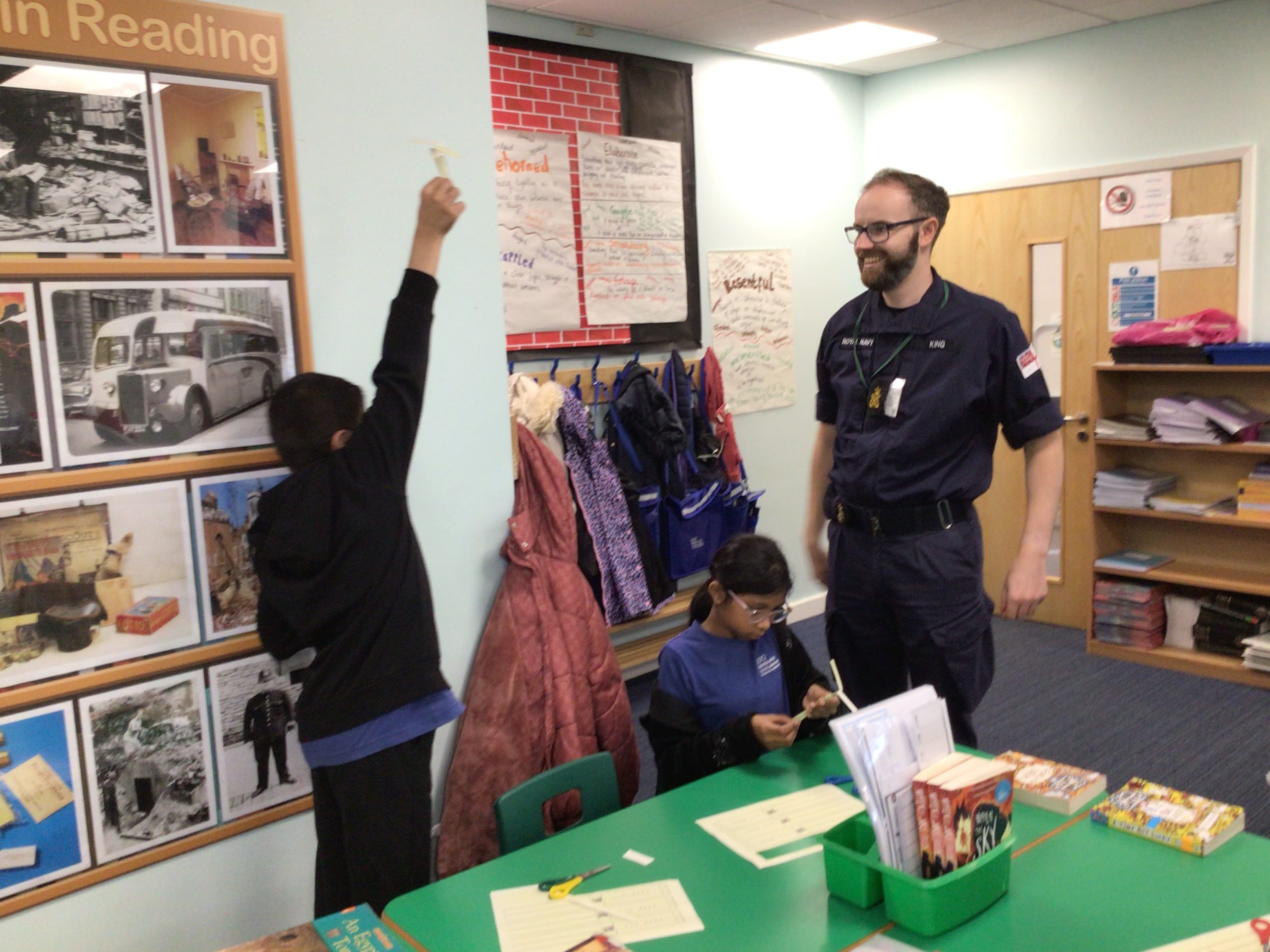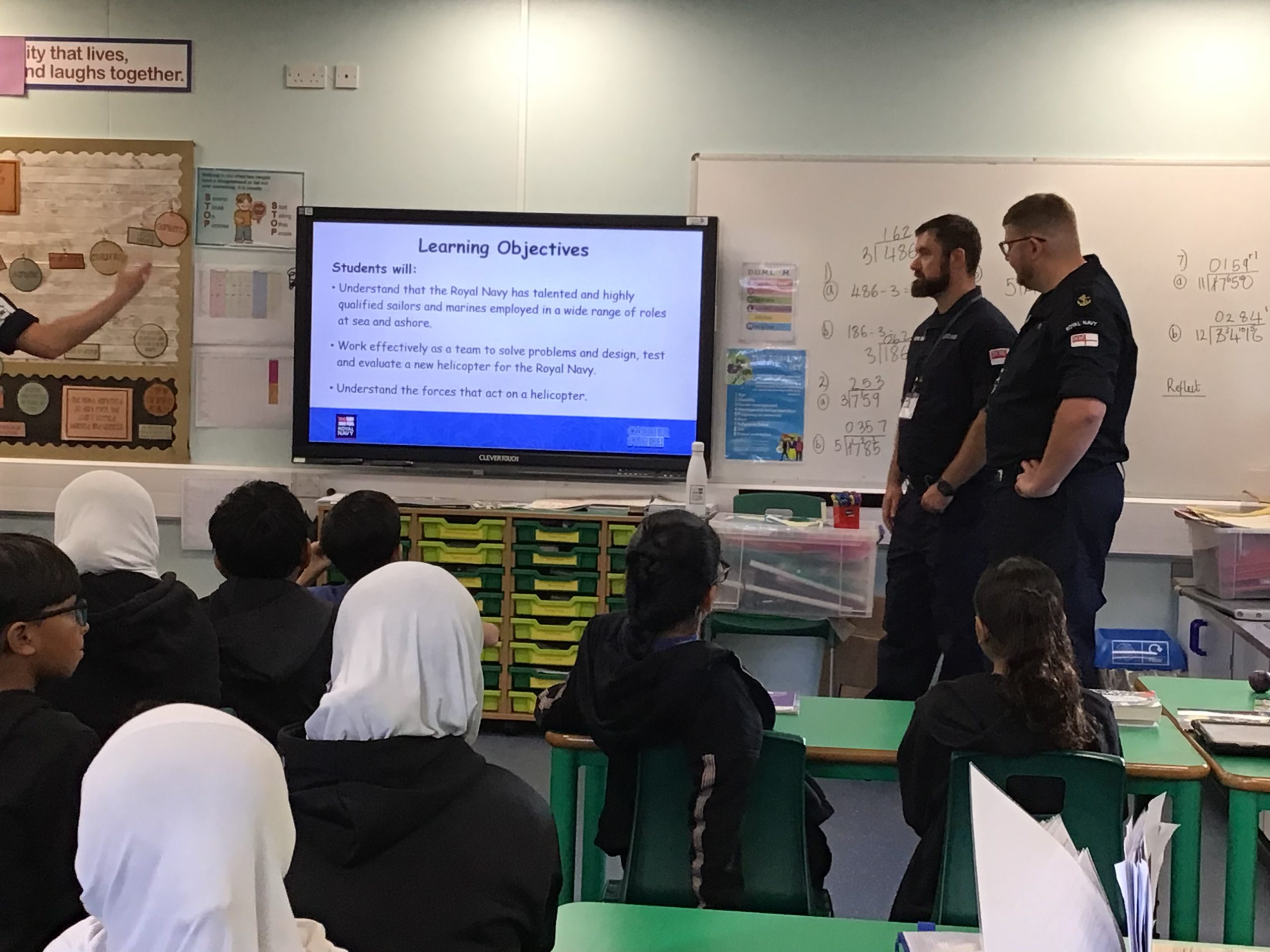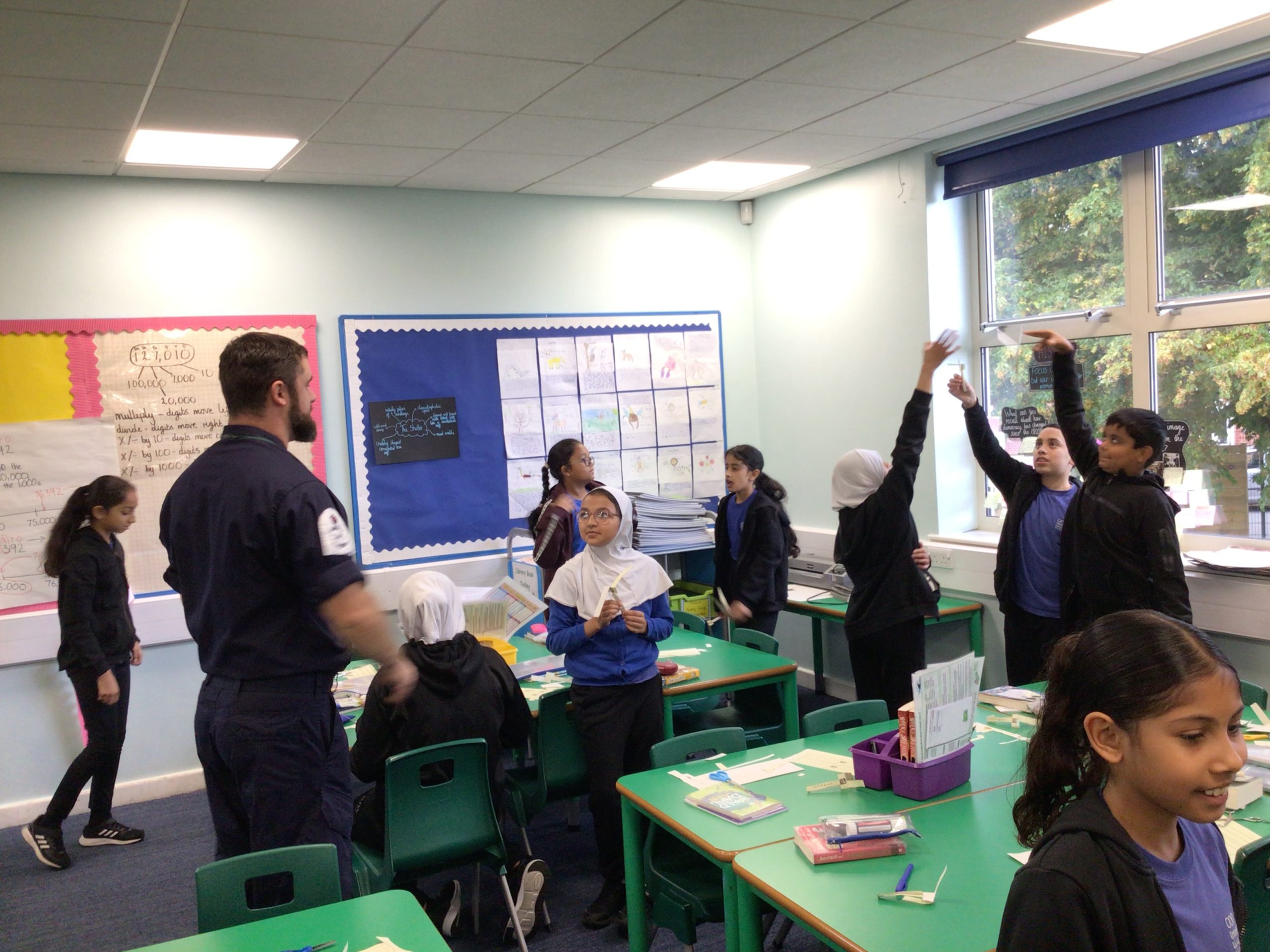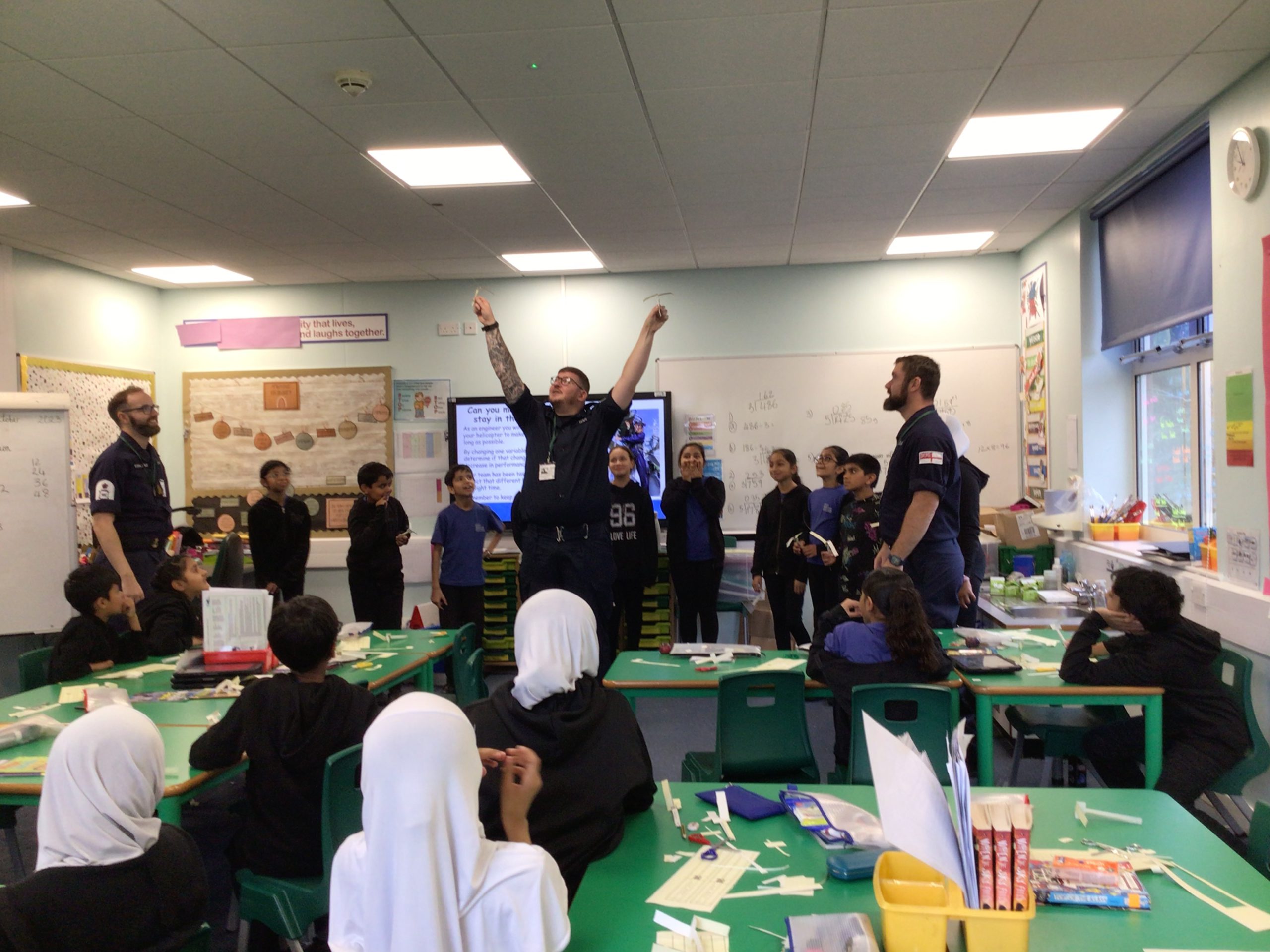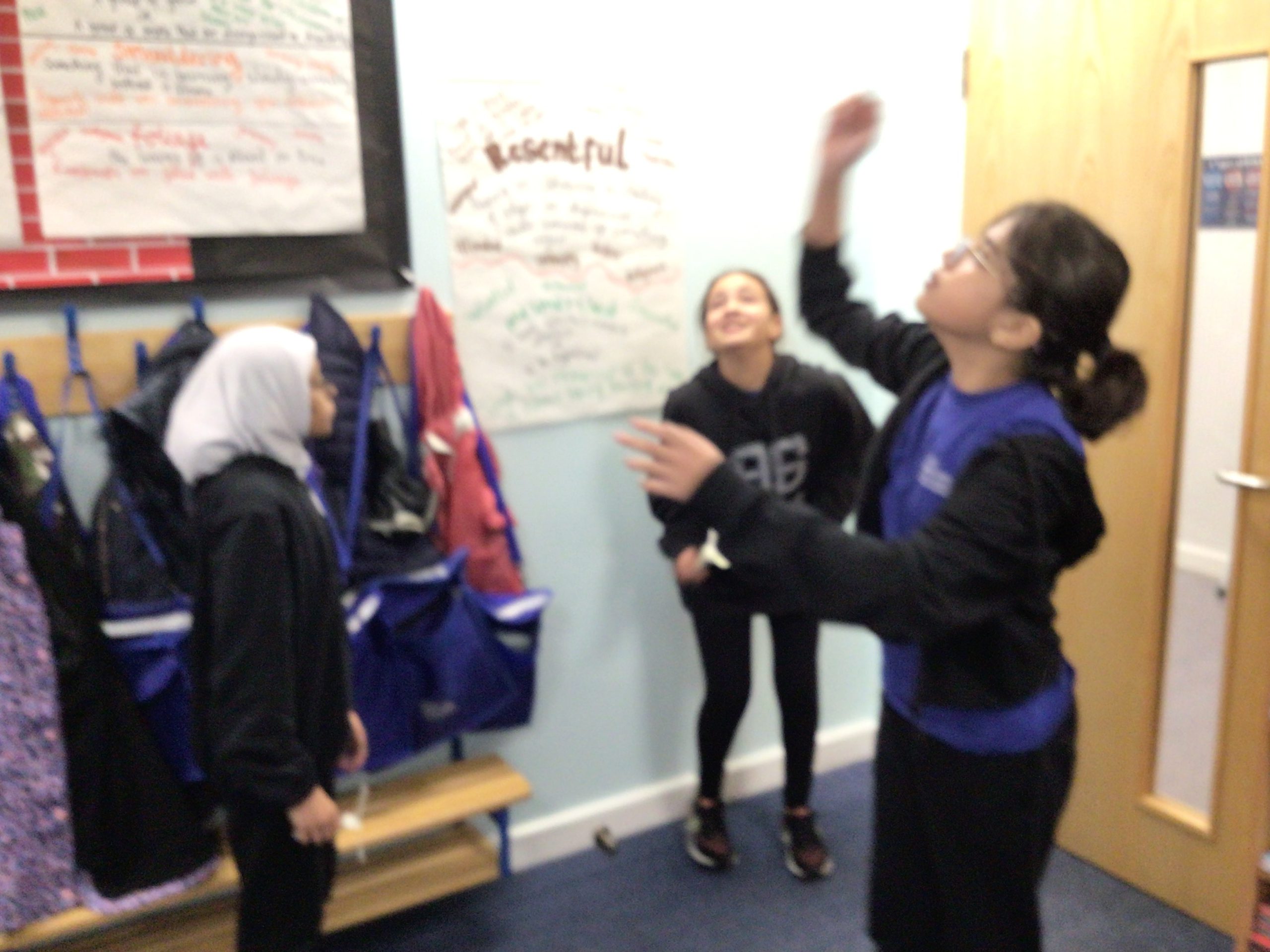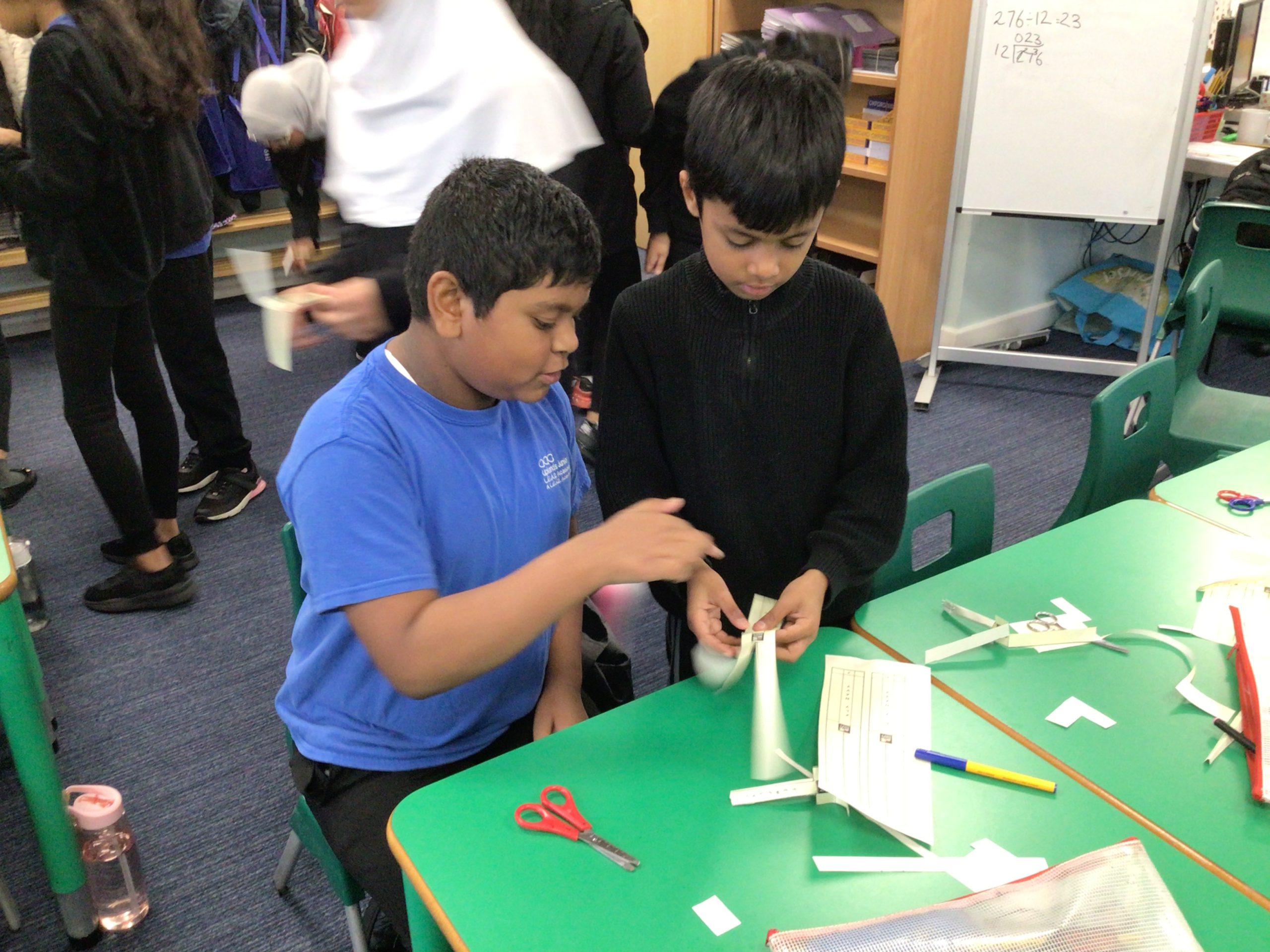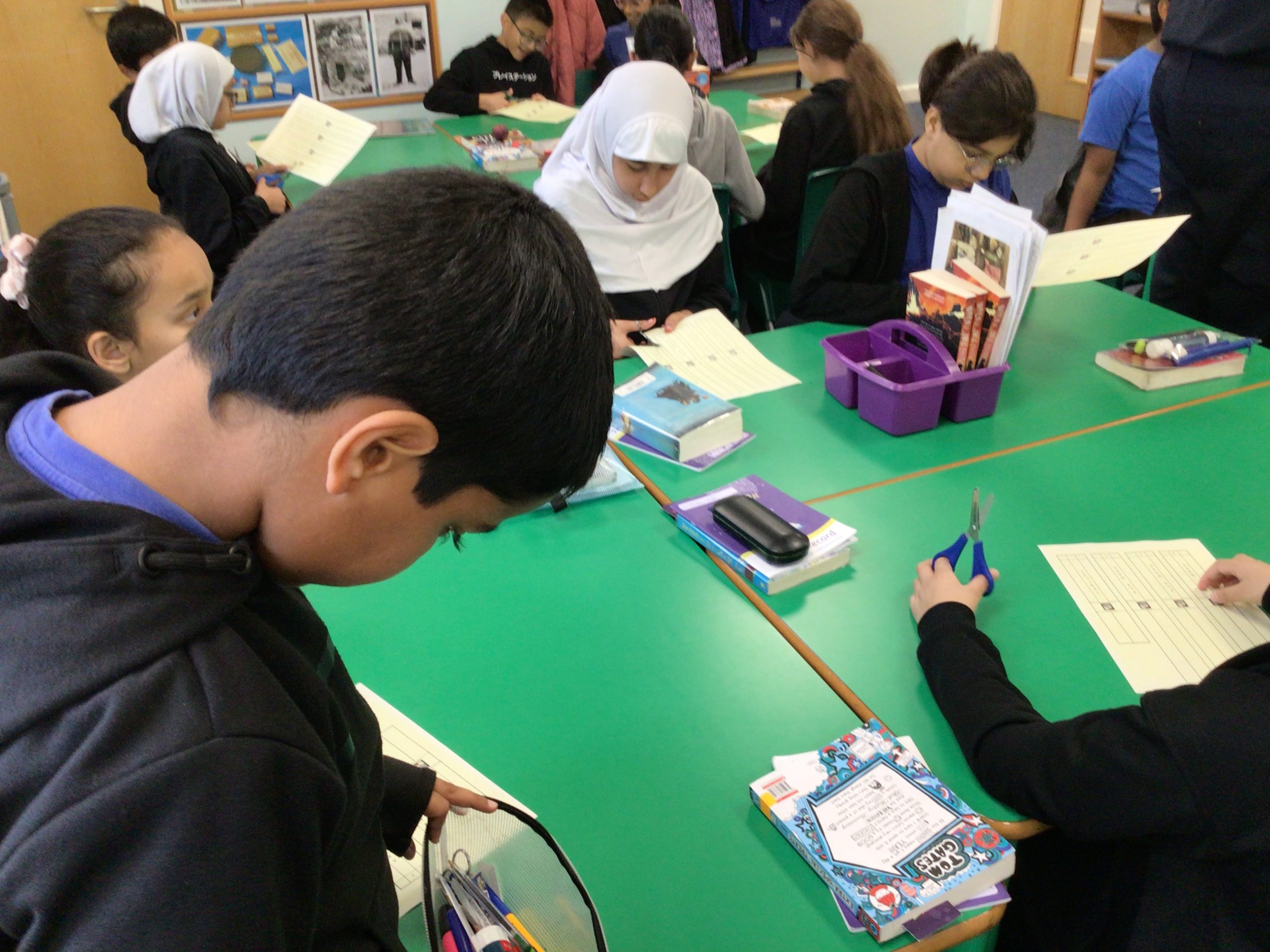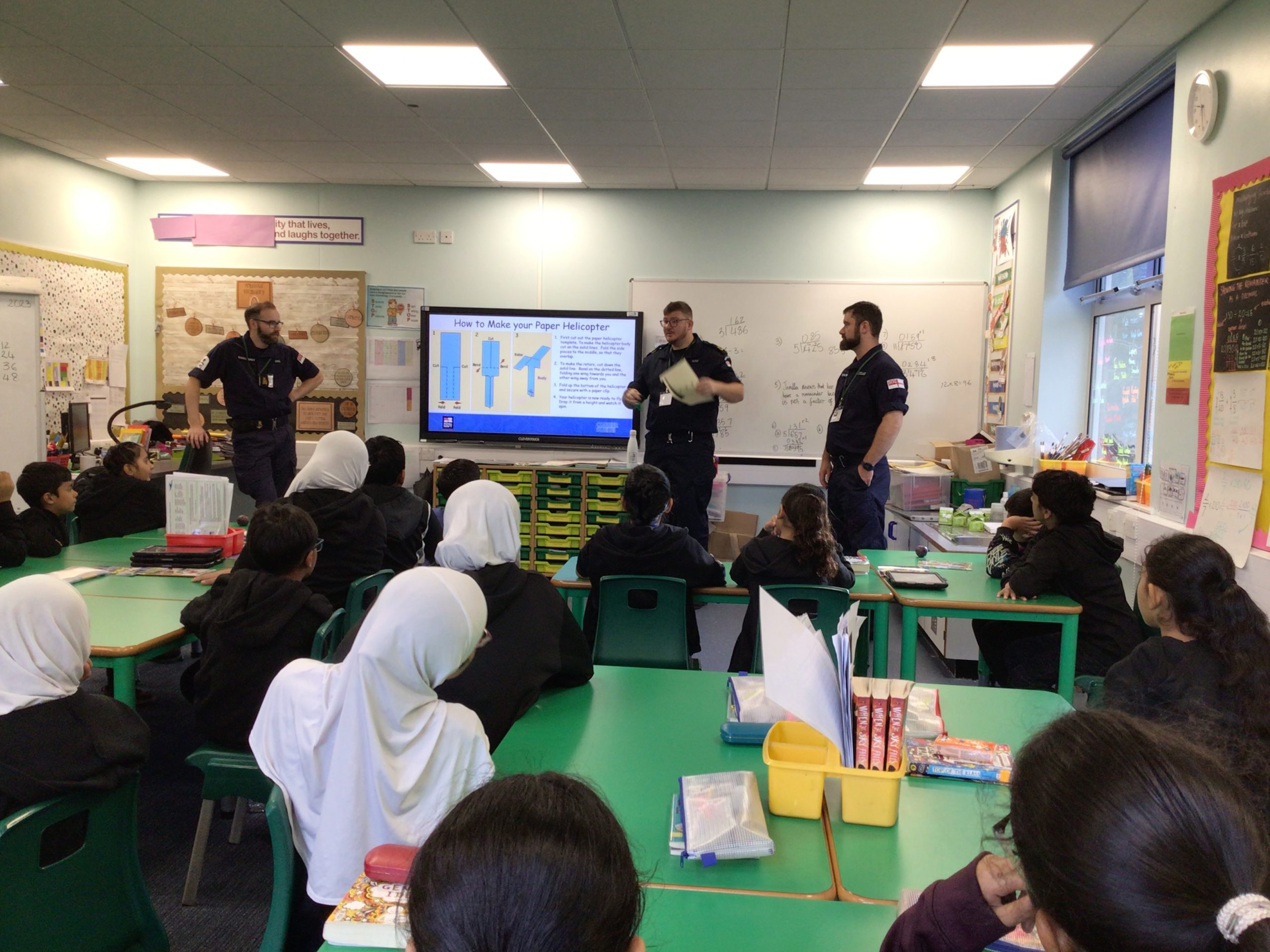The pupil premium grant is funding to improve educational outcomes for disadvantaged pupils in state-funded schools in England.
If your child is eligible for the Pupil Premium Grant (PPG), s/he will be entitled to a wide range of benefits (additional to free school meals in KS2) which this academic year includes:
- Free school trips.
- Free music lessons with Rock Steady (subject to space).
- Musical instrument tuition for a term.
- 1 free piece of fruit and free milk daily.
- 3 free copies of the class novel per academic year. Plus, a free book at the book fair.
Pupils will receive the Pupil Premium Grant if they are:
- previously looked-after children (PLAC): pupils who were looked after by a local authority or other state care immediately before being adopted, or who left local authority or other state care on a special guardianship order or child arrangements order (previously known as a residence order). From 1 April 2023, PP grant eligibility for pupils who have been adopted from care or have left care will include children adopted from state care or equivalent from outside England and Wales.
- recorded as eligible for free school meals or have been recorded as eligible in the past 6 years. This includes eligible children of families who have no recourse to public funds.
If you receive any of the following, then you may be eligible to receive free school meals and therefore the Pupil Premium Grant:
- Universal Credit with an annual net earned income of no more than £7,400.
- Income Support or income-based Jobseeker’s Allowance.
- Income-related Employment and Support Allowance.
- Support under Part 6 of the Immigration and Asylum Act 1999.
- The guaranteed element of Pension Credit.
- Working Tax Credit run-on (paid for the four weeks after you stop qualifying for Working Tax Credit).
- Child Tax Credit (with no Working Tax Credit) with an annual income of no more than £16,190.
Application forms can be collected from the school office and if you have any questions please speak to Mrs Sheikh at the school office.



